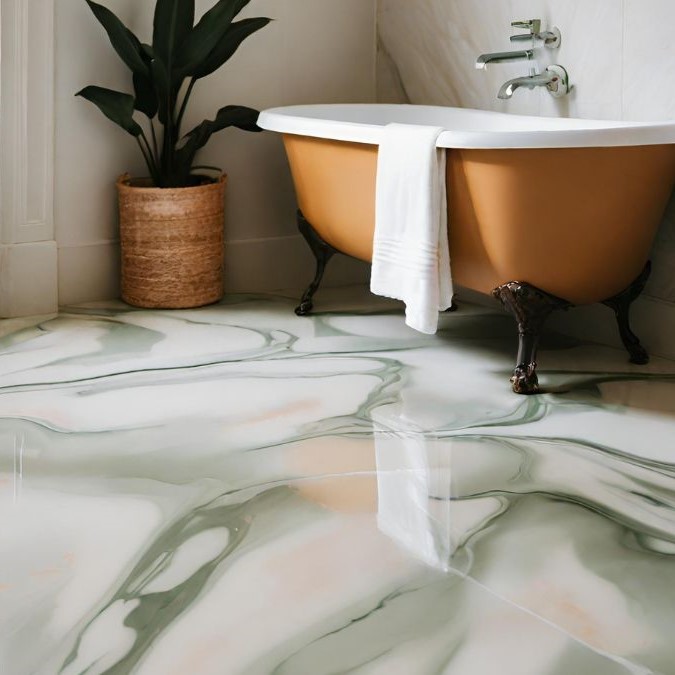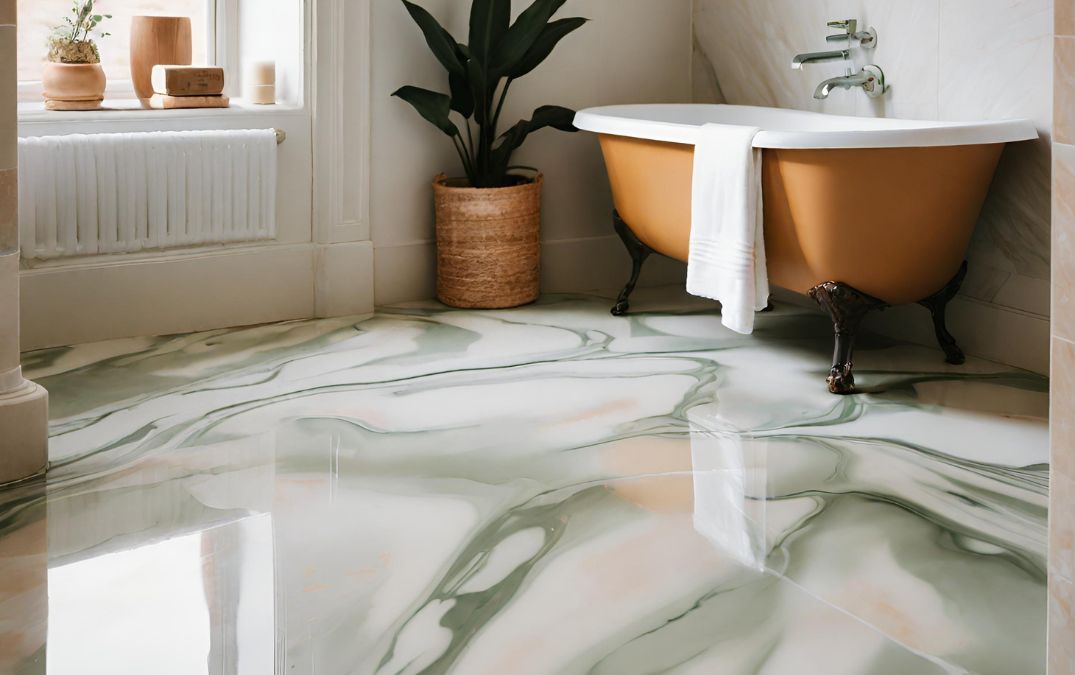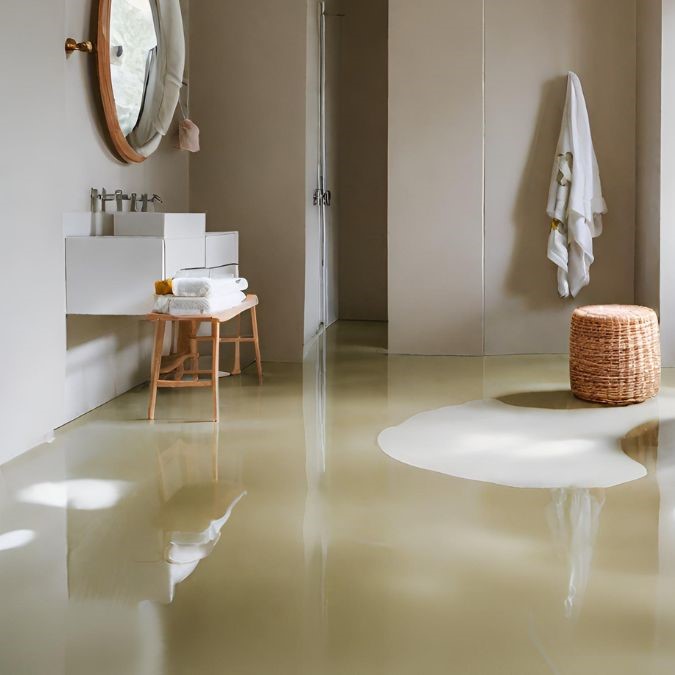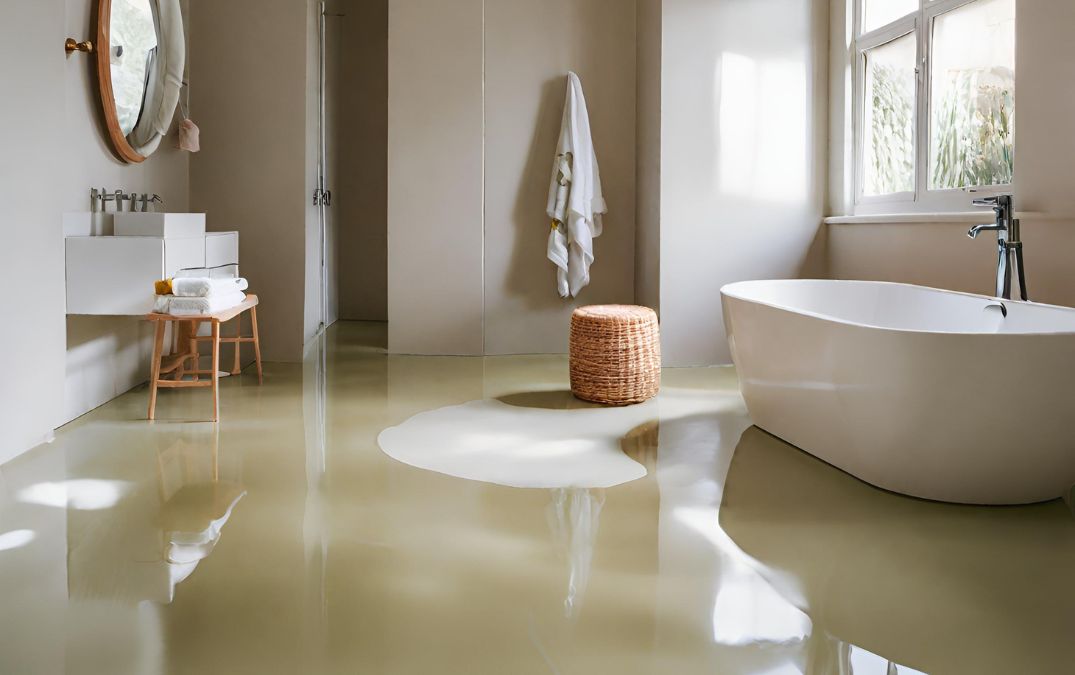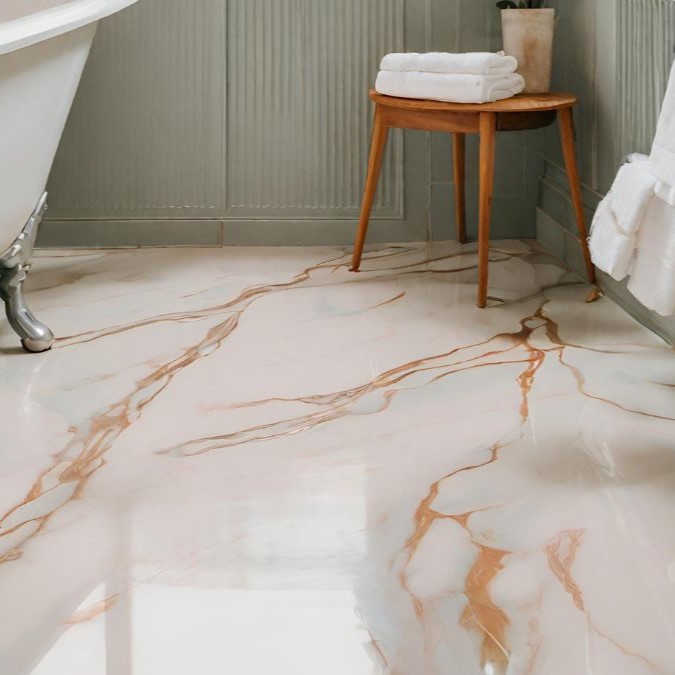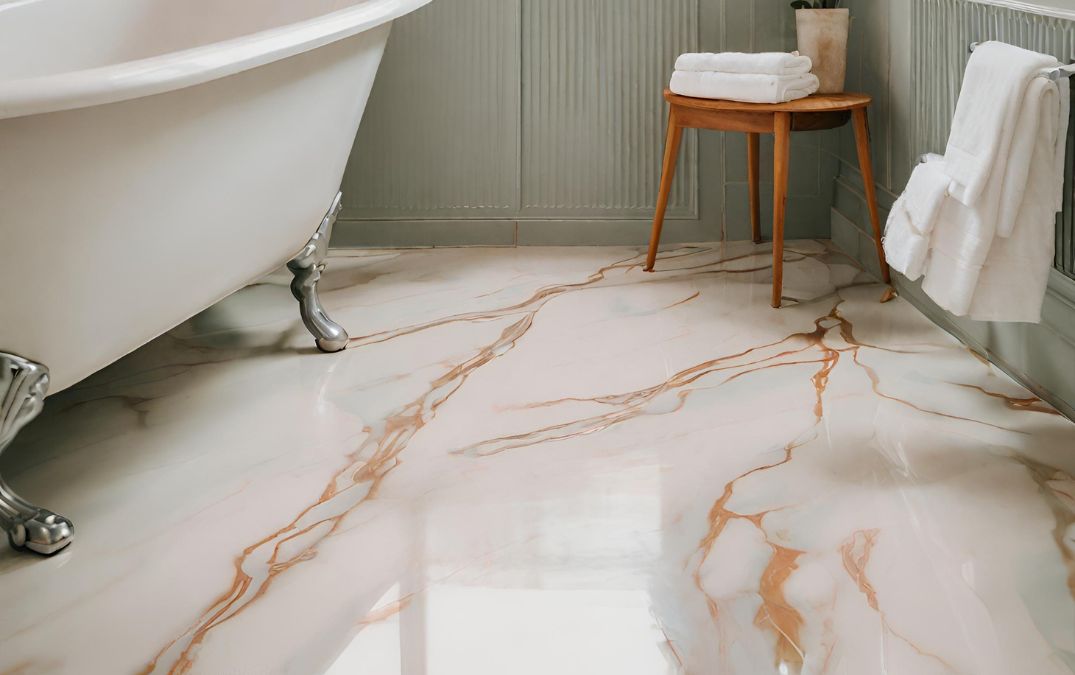Do Epoxy Resin Floors Stain Easily?
Epoxy resin floors are highly resistant to staining, which is one of the reasons they're a popular choice among homeowners. When I apply a fresh epoxy coating, it creates a non-porous, sealed surface that repels most substances. Spills from common household liquids like wine, oil, or coffee can be wiped away without a trace if attended to promptly.
In my experience, the key to maintaining that stain-resistant quality is proper care. Abrasive chemicals and prolonged exposure to harsh substances can degrade the epoxy's seal over time, potentially making it more susceptible to staining. During installations, I always advise clients on the right cleaning agents to use — typically, a mild soap and water solution does the job without damaging the integrity of the floor.
I've visited homes years after an installation to find the epoxy floors still looking as good as new, proof of their resilience when maintained correctly. It's this durability that often surprises and pleases homeowners, making epoxy resin floors a long-lasting investment for those who are meticulous with maintenance.
